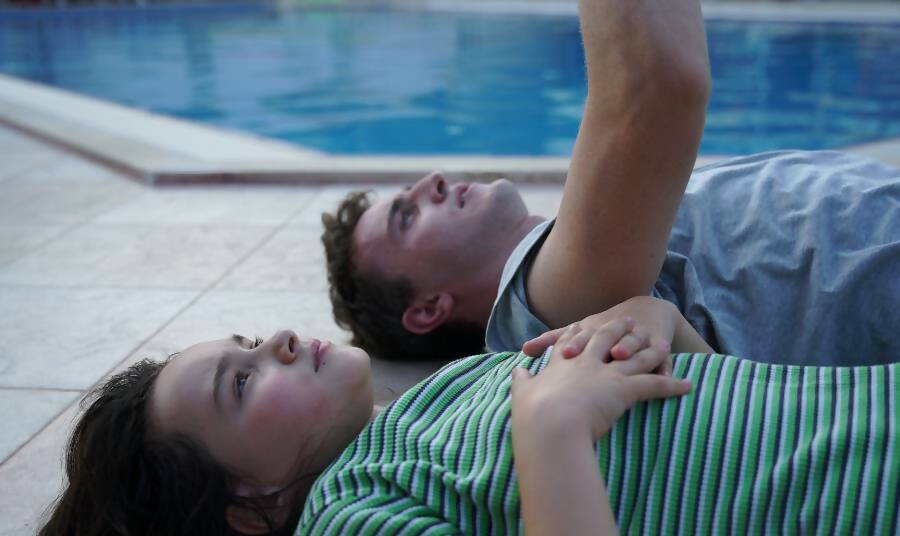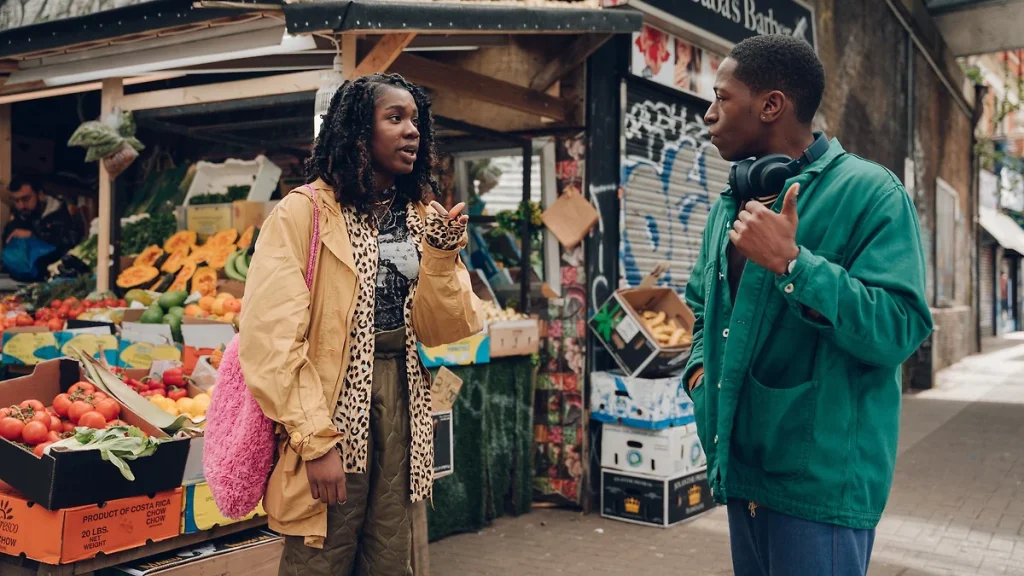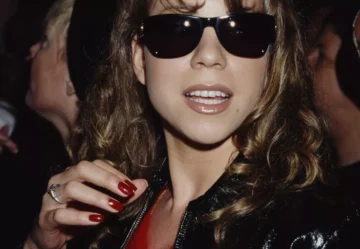Regan’s debut feature, a heartfelt drama built around a searing father-daughter relationship, has already scooped the Grand Jury Prize at this year’s Sundance Film Festival and is indicative of this exciting new wave of female-led filmmaking we’ve seen emerge in recent years.
Just last year Charlotte Wells’ hugely affecting debut, Aftersun, won hearts and accolades with its nostalgia-tinged and sun-soaked slice of autofiction. Its unlikely journey to BAFTA podiums and Oscar red carpets started with a premiere at the prestigious Cannes Film Festival, where it received the French Touch prize. At this year’s festival, similar praise was bestowed upon How to Have Sex, the first feature from fellow young Brit, Molly Walker, which went on the receive the lauded Un Certain Regard award. A similar path to wider success could soon follow when it lands in cinemas this Autumn.

Paul Mescal stars in Charlotte Wells’ Aftersun (Credit: MUBI)
The success of these films can be found in how authentically they mine their authors’ realities. As the old adage goes, write what you know, and these films certainly have their roots in familiar terrain for their directors. They’ve been shaped by lived experiences and brought vividly to screens with a freshness that injects a new energy into homegrown cinema.
And they’re not alone.
In late 2020, Sarah Gavron’s Rocks received plaudits for its honest portrayal of its subjects lives and, while it wasn’t the director’s first feature, it was certainly the one that most connected with audiences. Its well-realised tale of teenage friendships and hardships was the result of a truly collaborative writing process that mirrored the lives of its young cast, giving them new acting careers and BAFTA wins in the process.
READ MORE: Charlotte Regan on Scrapper: ‘There’s struggle but struggle brings the best humour’
A common thread running through each of these titles is how fresh and modern they feel. These are vibrant, diverse films that represent the filmmakers and reflect a modern Britain and its audience. They shake off some of the stuffier elements of the more traditional British fayre – the manor houses, the RP English, stiff upper lip, broad comedy or kitchen sink dramas – and aren’t bound by conventions of genre or style.
Earlier this year, Raine Allen-Miller’s acclaimed debut Rye Lane added a South London liveliness to the rom-com, Prano Bailey-Bond’s Censor infused modern horror with a knowing video-nasty aesthetic and Nida Manzoor’s Polite Society brought the house down with its sari-wrapped blend of comedy and action. There’s even a new British musical on the horizon in the shape of Janis Pugh’s Chuck Chuck Baby.

Raine Allen Miller’s Rye Lane (Credit: Searchlight Pictures)
This variety and vibrancy could well prove to be the shot in the arm British cinema needed. Unless your name is Ken Loach, it’s not the norm for homegrown filmmakers to receive awards at Cannes (the sight of Molly Walker running into the auditorium in gym shorts and trainers to collect her prize after arriving late to the ceremony suggests this wasn’t the expected result). The fact that these titles are resonating with global critics and cinema goers suggests that there is an appetite for them. An appetite for new stories told in exciting ways by new voices. The fact that these voices are female is a heartening addition.
Perhaps encouragingly this pattern might not be unique to the UK but instead more reflective of an industry becoming a more open and inclusive workplace behind the camera. One that has finally started to create and celebrate opportunities for female directors. In a heavily male dominated landscape Greta Gerwig recently became the first woman to have a $1 billion grossing feature at the box office, a milestone for any director, let alone one whose indie roots turned what could’ve been a disposable franchise movie into a cine-literate blockbuster assessment of third-wave feminism.
READ MORE: No, Greta Gerwig’s Barbie hasn’t killed the indie director
Just two years ago the biggest prizes in world cinema, the Cannes Palme d’Or, the Berlinale Golden Bear and the Venice Golden Lion were all held by women directors for the first time in history, with wins for Titane, Alcarràs and Happening respectively. And, after a record of one win for female directors in 91 years, there were back-to-back Best Director Oscar wins for Chloe Zhao and Jane Campion in 2021 and 2022.
How long does it take for a trend to become the norm? What felt at times like a pleasing anomaly suddenly feels like a true moment – a change in the storytellers, perhaps, but more excitingly a change in the stories we are told. With a host of these features being debut outings, the future of British cinema seems bright. The future for British cinema feels female.





